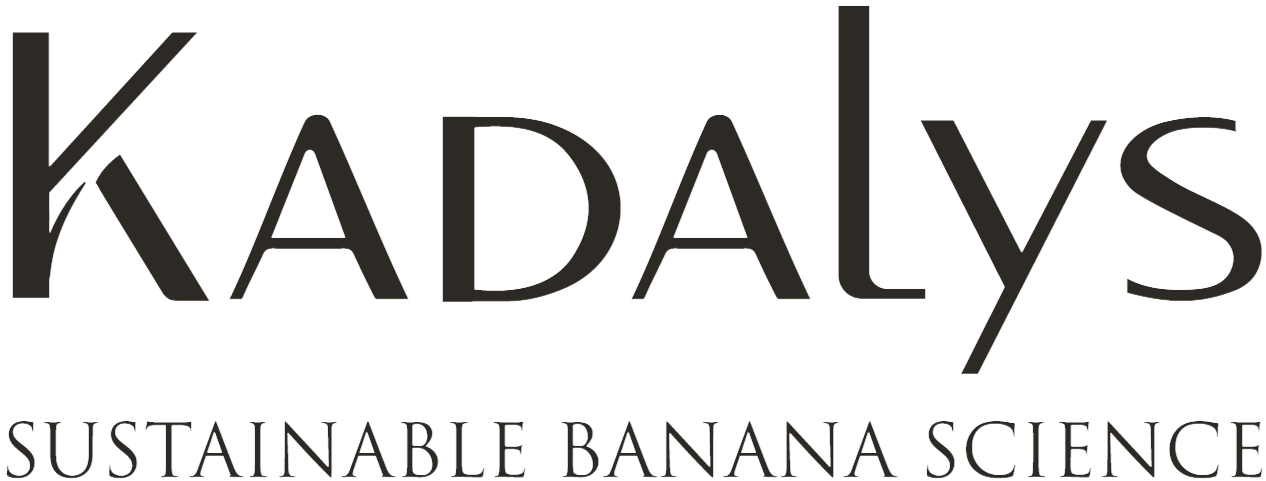NOS PARTENAIRES INSTITUTIONNELS : ILS SOUTIENNENT NOTRE PROGRAMME DE RECHERCHE
Encourage research and innovation
Research, innovation and technological development are strategic orientations of the Martinique Community.
To support this ambition, the 2007-2013 Operational Program encouraged innovation and research by including the following three measures:
- Development of strategic activity centers
- Promote innovation and competitiveness of businesses and support structures
- Collective support measures
The Martinique Regional Innovation Strategy
Faced with the challenges of tomorrow, the Community has made the bet of opting for the path of innovation, among the development avenues available to it.
A real Innovation Strategy (SRI), accompanied by an action plan, has been developed. It responds to a strong partnership desire from local authorities, the State and CACEM, to provide Martinique with a concerted policy for innovation.
The 5 challenges of innovation in Martinique:
- Develop a culture of innovation
- Promote innovation approaches as factors of competitiveness
- Develop social innovation to face the challenges brought about by social changes
- Continue building the innovation ecosystem
- Implement operational governance
BPI France
Bpifrance is a public investment bank, a French business financing and development organization.
It brings together Oséo, CDC Entreprises, FSI and FSI Régions. It is particularly responsible for supporting small and medium-sized businesses, mid-sized businesses and innovative businesses2 in support of state and regional public policies3. Contrary to what its name might suggest, Bpifrance is not a full-service bank but a financial company because it does not have a banking license. Its resources come mainly from (private) financial markets; its capital is held by the Caisse des Dépôts and the State, as well as members.
BPI France accompanies and supports innovative projects to strengthen their investment capacities throughout their life cycle. https://www.bpifrance.fr/
Transformation of co-products from the Banana sector into cosmetic and nutritional ingredients and Sizing of a pilot:
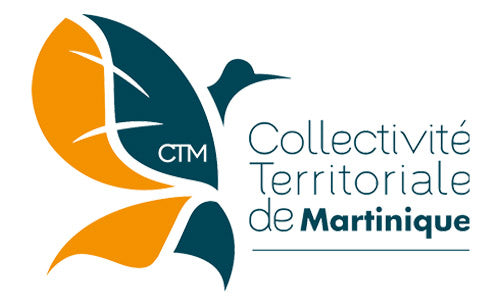
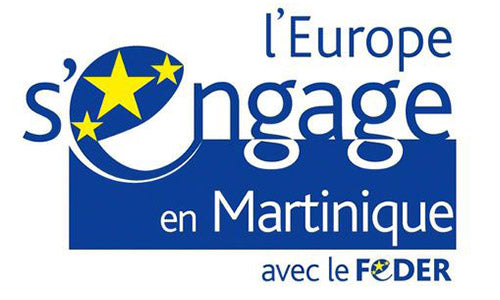
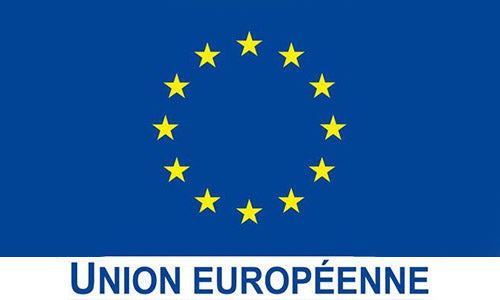
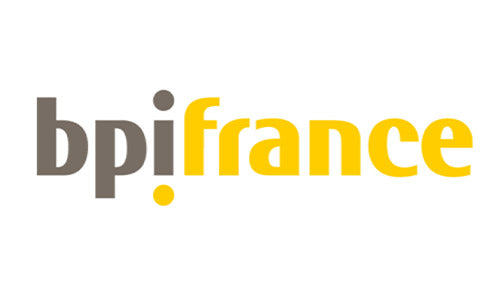
This project is co-financed by the European Union with the European Regional Development Fund (ERDF) and the Territorial Collectivity of Martinique
OUR INSTITUTIONAL PARTNERS: THEY SUPPORT OUR RESEARCH PROGRAM
The CCIs are the privileged interlocutors of public actors and the State. They are regularly consulted for their expertise and their privileged relationship with companies. The CCI Martinique represents more than 36,000 traders, industrialists and service companies.
Its advisors and agents support managers throughout the life of the company: creation, takeover, international development, sustainability and performance, sustainable development, learning and training and finally transmission.
They offer macro and micro economic studies, and participate in the development of master plans and public action plans in terms of economic development or regional planning.
The CCI Martinique is the local relay for BUSINESS France and the France export team.
The VIE is a system which aims to help French companies develop their international activities, strengthen France's economic influence in the world and offer young talents access to excellent operational training at the stranger. This international mobility system secured by the French State allows a company governed by French law to entrust a professional mission abroad to a French talent or national of the European Economic Area, aged 18 to 28 at the start of the year. assignment.
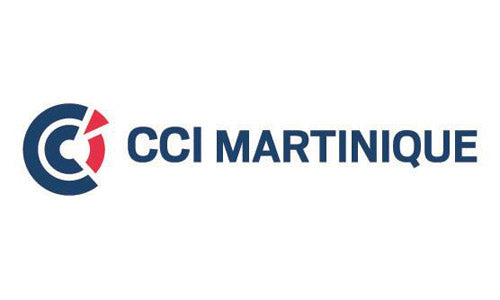
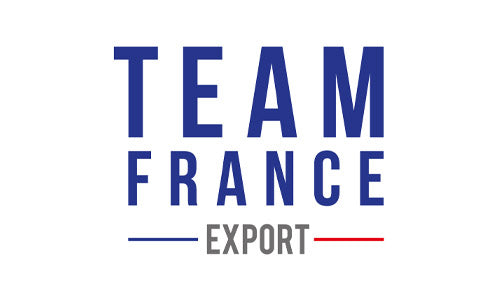
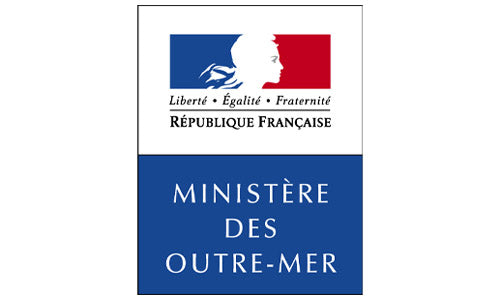
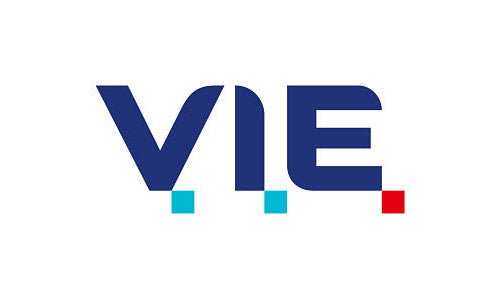
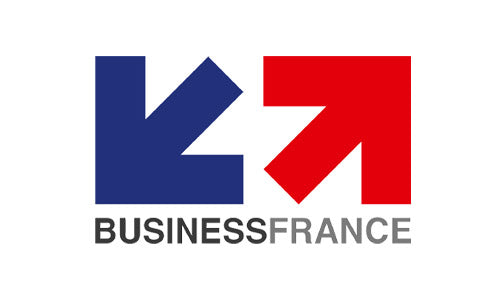
The research
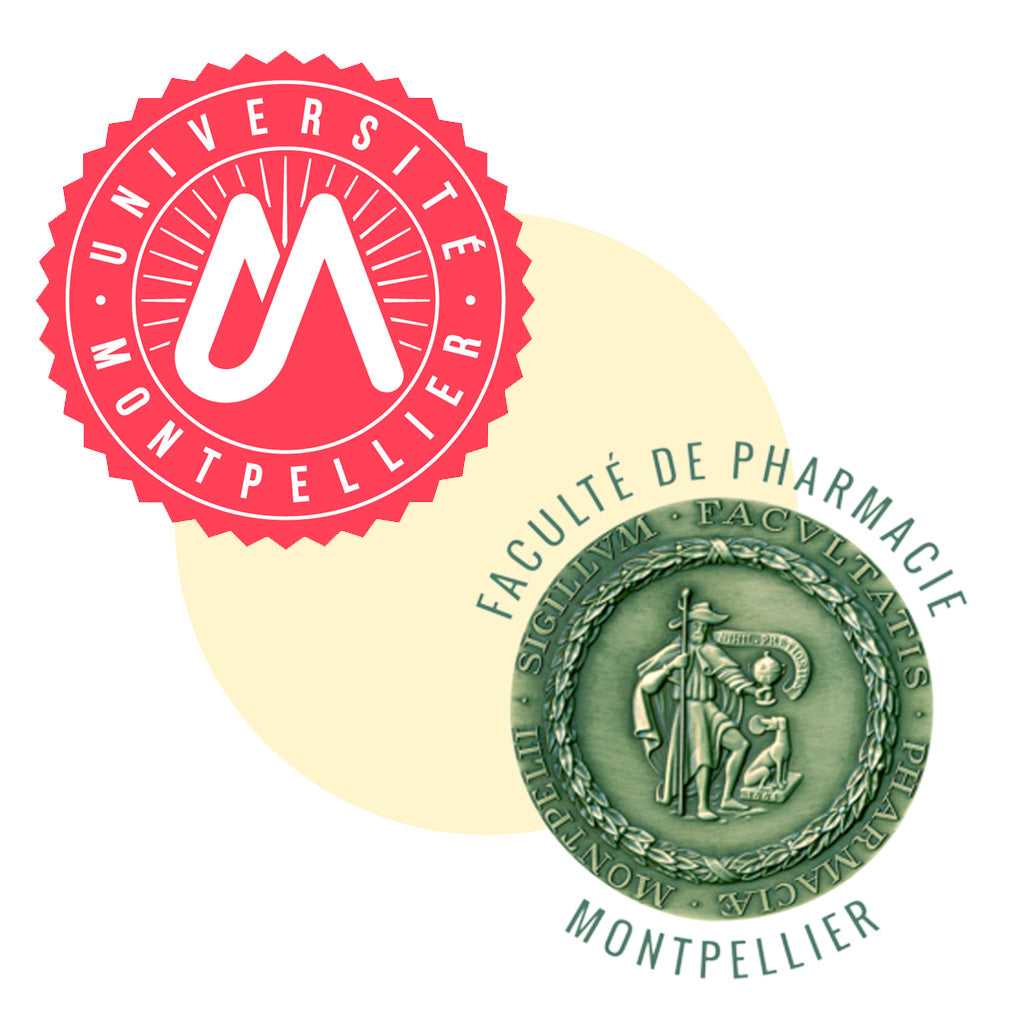
OUR INSTITUTIONAL PARTNERS: THEY SUPPORT OUR RESEARCH PROGRAM
The Faculty of Pharmaceutical and Biological Sciences is a training and research unit component of the University of Montpellier.
Created more than 200 years ago, the Montpellier Faculty of Pharmacy is among the largest in France with more than 2,300 students and nearly 400 teaching-researcher staff, teachers, researchers and administrative and technical staff. Anchored in its territory, the faculty gives an essential dimension to Montpellier pharmaceutical sciences by offering courses responding to scientific and societal challenges, and by contributing to the development of research in areas of excellence such as chemistry, the environment, agro-sciences…
The Faculty of Pharmacy is home to numerous research laboratories from the University of Montpellier in most areas of pharmacy and biology, complementing the clinical research carried out in the University Hospital Centers (CHU). The CBS2 doctoral school (Chemical and Biological Sciences for Health) trains doctors in all areas of Biology-Health, from the chemistry of medicine to the clinic, from genes to behavior.

CIRAD
CIRAD is the French organization for agricultural research and international cooperation for the sustainable development of tropical and Mediterranean regions. It is a French research center which responds, with the countries of the South, to the international challenges of agriculture and development. CIRAD is an Epic placed under the dual supervision of the Ministry of Higher Education, Research and Innovation and the Ministry of Europe and Foreign Affairs.
Its activities relate to life sciences, social sciences and engineering sciences applied to agriculture, food, the environment and territorial management. It works around major themes such as food security, climate change, natural resource management, reduction of inequalities and the fight against poverty.
CIRAD has a priority objective: to build sustainable agriculture, adapted to climate change, capable of feeding 10 billion human beings in 2050, while preserving the environment.
He considers that to develop in the long term and develop appropriate public policies, a society must participate in the production of the knowledge it needs. This development through research is based on the capacity of countries to equip themselves with an appropriate higher education and research system, supported by public authorities, but with real autonomy of action.
From local to global, through its sustainable partnerships, it contributes to the development of agriculture serving everyone, and particularly small farmers, who constitute the vast majority of producers. It thus responds to the global challenges of food security and climate change, but also the 17 UN Sustainable Development Goals (SDGs) and the Paris Agreement on climate change.

ANRT
Created in 1953, the ANRT is a historic player in research and innovation. A private association governed by the law of July 1, 1901, it acts on behalf of its members. Its mission is to provide them with all the collective means to help them in their research and innovation activities and to represent them to public authorities and qualified French or international organizations.
The ambition of the ANRT is obviously to capitalize on its history, on the relationship of trust it maintains with its members, and on the attention paid to it by public authorities. Its major asset lies in its ability to bring together public and private actors from all sectors of activity and all scientific disciplines.
The ANRT builds collective intelligence for the benefit of its members but also to jointly influence the organization of research and Innovation in France and Europe.
Unique in Europe, it contributes to France's competitiveness through its commitment to:
- Helping businesses in all sectors access research and innovation
- Represent, alongside other actors, Research and Innovation to public authorities
- Build collective intelligence beneficial to each of its members
- Create partnerships
- Deploy the Cifre system which brings together more than 4,000 active partnerships signed with companies of all sizes and from all sectors of activity. Under the Cifre system, ANRT acts by delegation from MESRI
Since 1981, the Cifre system - Industrial Conventions for Training through Research - has subsidized any company under French law which hires a doctoral student to place them at the heart of a research collaboration with a public laboratory. The work must prepare for the defense of a thesis. The Cifre are fully funded by the Ministry of Higher Education, Research and Innovation, which has entrusted their implementation to the ANRT.
